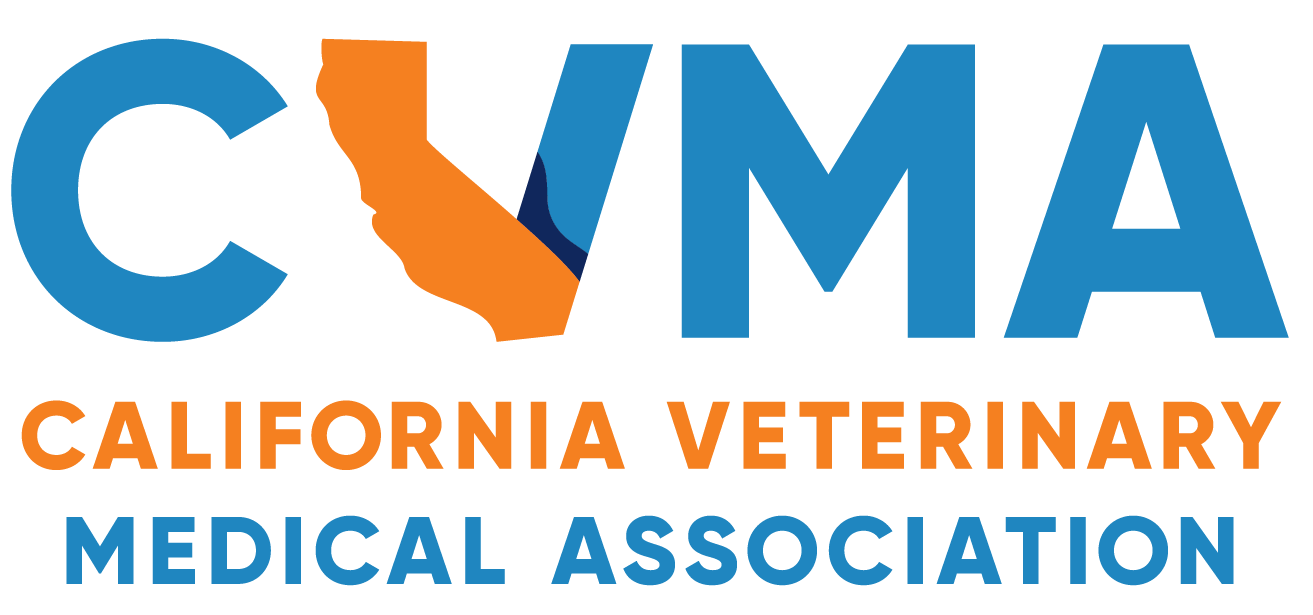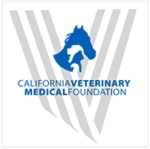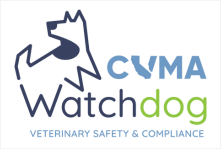Welcome to CVMA’s new member platform! When logging in, you will need to change your password by clicking “Forgot Password” and following the prompts in the email you receive. If you do not have an email in our system, you will need to create a new account. Click here for a how-to guide to use the new platform. Please note that CVMA staff will be available to assist you Monday-Friday from 8:30 AM-5:00 PM.





